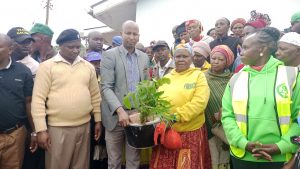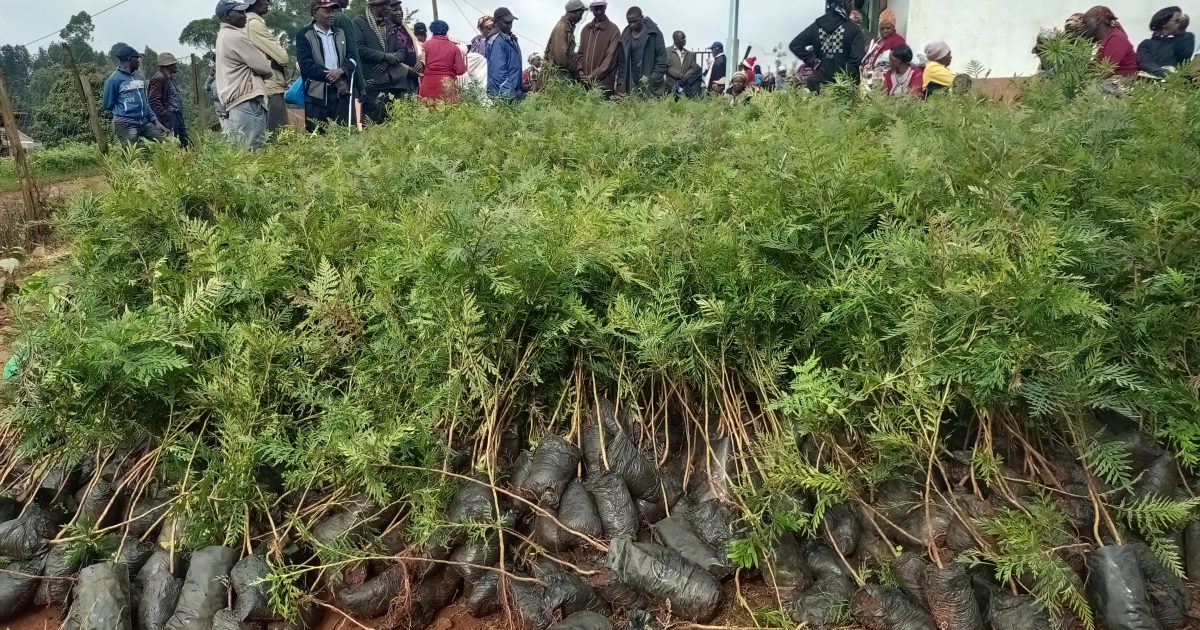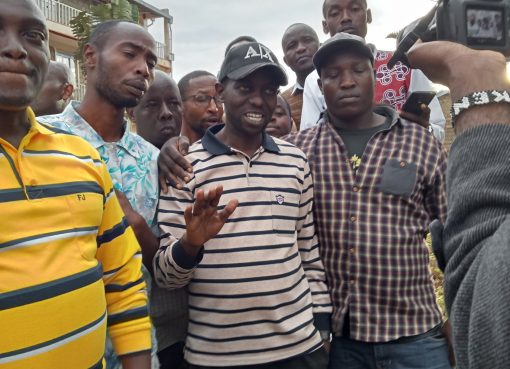In preparation for national tree planting day scheduled for Monday 13 November next week, the state department of energy has supplied 12500 seedlings and 400 charcoal burner energy-saving stoves (jikos) to Kiangai residents in Central Kirinyaga County.
Assistant County Commissioner (ACC) Stephen Limoo joined hands with the Ministry of Energy in the exercise targeting 700 households that will benefit from the supply. The ACC urged residents to plant more trees and take care of the available trees to avoid desertification.
“We call on Kirinyaga residents to take advantage of the rainy season and plant more trees. More seedlings will be provided in different parts of the county. Let’s take advantage and plan more to achieve President Ruto’s target of 15 billion trees by year 2032. I call on the private entities and other state departments to continue joining hands with residents by providing seedlings and related education to reduce global warming,” he said.

Esther Wang’ombe from the state department of energy said they will continue to supply seedlings and energy saving jikos and promised residents that they will benefit from free fruit seedling donations from April next year.
“We are targeting 700 households for free seedlings and jikos to ensure we have a healthy and greener environment. Jiko donation Programme to residents is in the second phase, and our main aim is to make sure we minimize the cutting down of trees for charcoal since the jikos use less charcoal compared to firewood, a traditional method used by locals.” She said
Wanjiku Macharia, a resident of Kiangai village appreciated the programme insisting they will continue planting more trees since it will help curb negative effects of environmental change. She noted with appreciation that giving jikos to residents, especially during this rainy season, will help keep the elders warm.
“We are happy as Kiangai residents since the seedlings that we have received today have been sourced from locals, an act that has promoted and encouraged residents in a positive way. The program has led residents to feel the need to protect the forests and water bodies and reduce pollution.”
By David Wandeto



